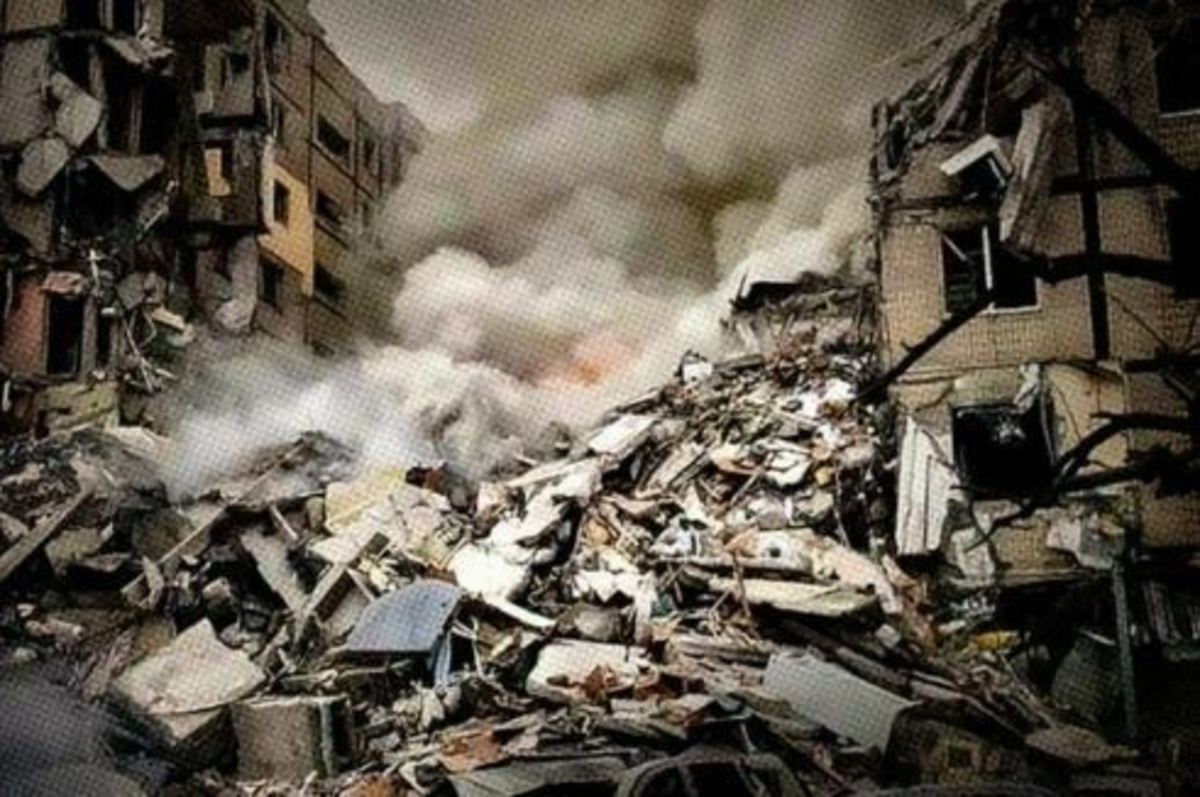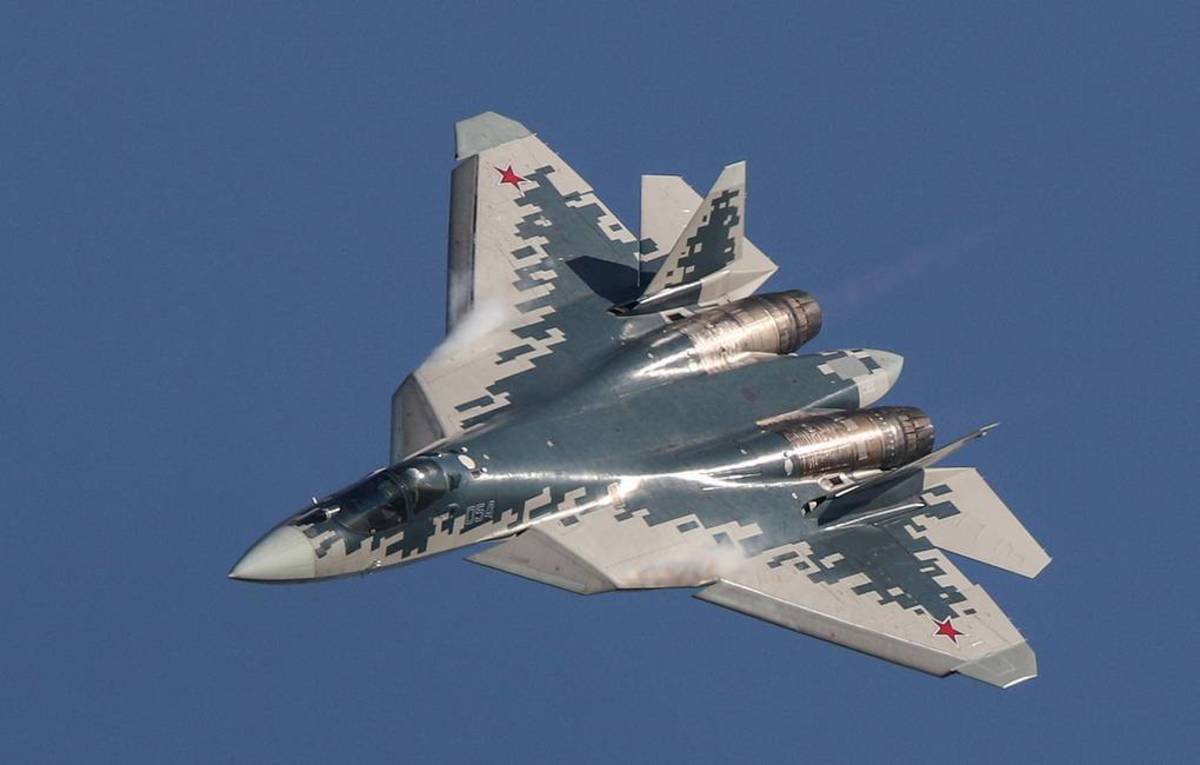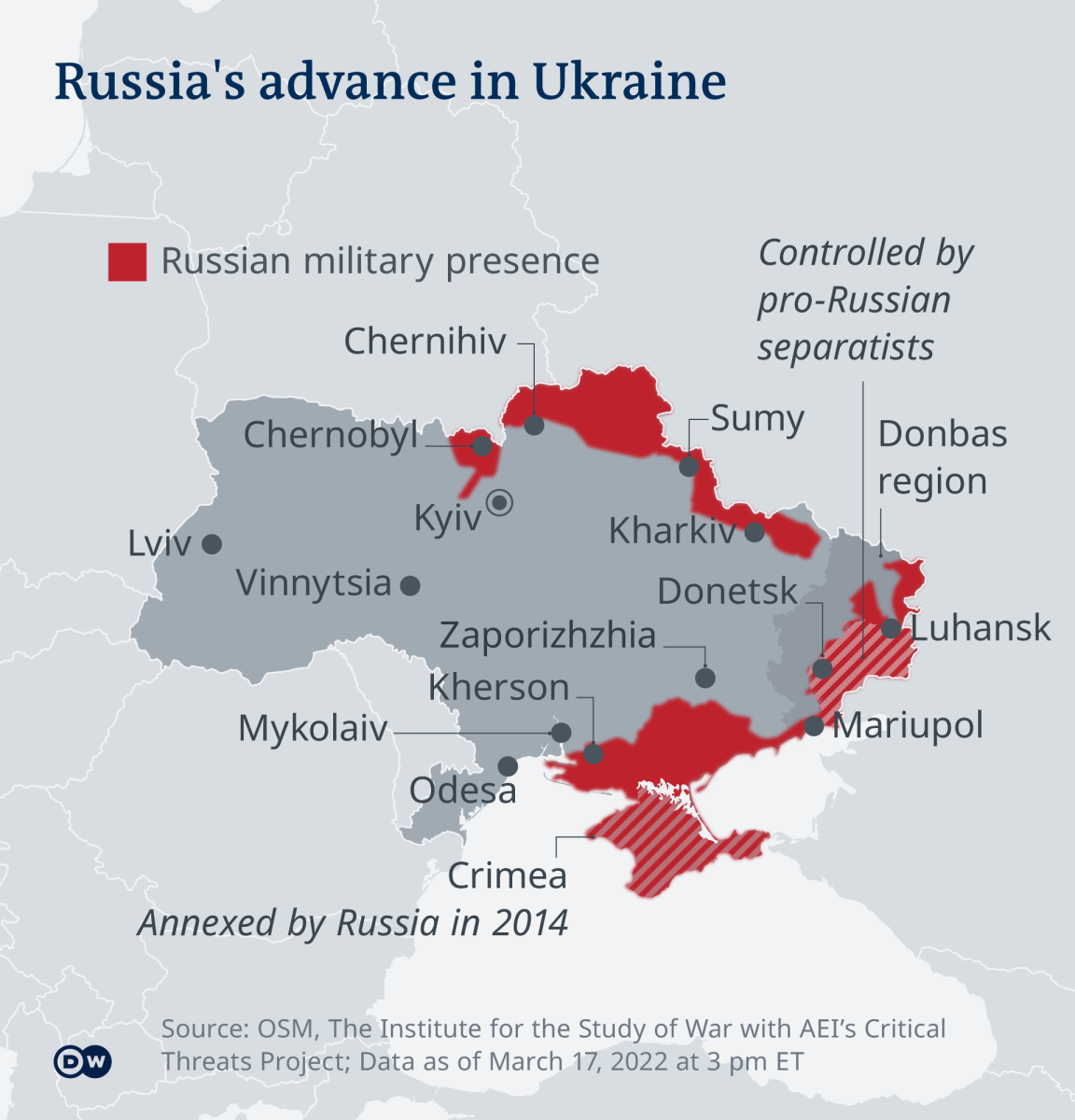Why Russia Was Strongly Opposed to U.S backed intervention in Ukraine
When focusing on the response of Russia towards U.S intervention on Ukraine, it is apparent that the country was employing a policy of liberalism. Liberalism is a philosophy, which seeks to address the issues of achieving lasting cooperation and peace. In addition, the theory focuses on various strategies that contribute to their outcome.
On its part, Russia was against America’s support of militias and violent coup in Ukraine. This owed to the fact that Russia’s goals was to ensure that Ukraine also joins Nato. By joining NATO, then it could be easier forge cooperation and bring stability to the nation. Hence, unlike U.S whose interest were focused towards themselves and achieving a goal that only served `their own interests, Russia was concerned in the stability and peace on Ukraine. In the perspective of Russia, violence and coup was an existential threat and that they could do whatever they can in preventing or averting the same.
We can also not overlook the fact that Ukraine has a strategic significance in terms of safety to Russia. A glance at Eastern Europe map indicates that indeed, the country has a strategic importance. It is one of the nations that could provide a buffer zone between Russia and Europe, specifically NATO members from Eastern bloc nations. In addition to these is the fear of losing the navy base at Crimea in the event that the event of when the political instability in Ukraine became worse. It should be considered that Crimea provided Russia with access to the Mediterranean for the Black Sea Fleet. This fear triggered Moscow to respond to cool down the ensuing crisis in Ukraine. In another perspective, it can therefore, be said that Russia also employed a realistic philosophy of international relationships considering that it was also safeguarding its own interests.
What is more, Russia was also fearful that its population in eastern Ukraine were also endangered due to the ensuring clashes. Apparently, Russia harbored a presumption that if the revolution in Ukraine were successful, then opposition groups in Russia would be bolstered as well. According to the Russian government, mass protests against a government that was authoritarian could ultimately succeed.
Therefore, an analysis of Russia’s response could be considered in two perspectives, in one perspective Russia could be relying on a liberalistic philosophy with an aim of restoring order and stability. The administration led by its president believes that revolution leads to fascism and chaos and therefore, all means of stopping it had to be deployed. On another perspective, Russia was also utilizing a realistic approach since it was also concerned on safeguarding its own interests.








